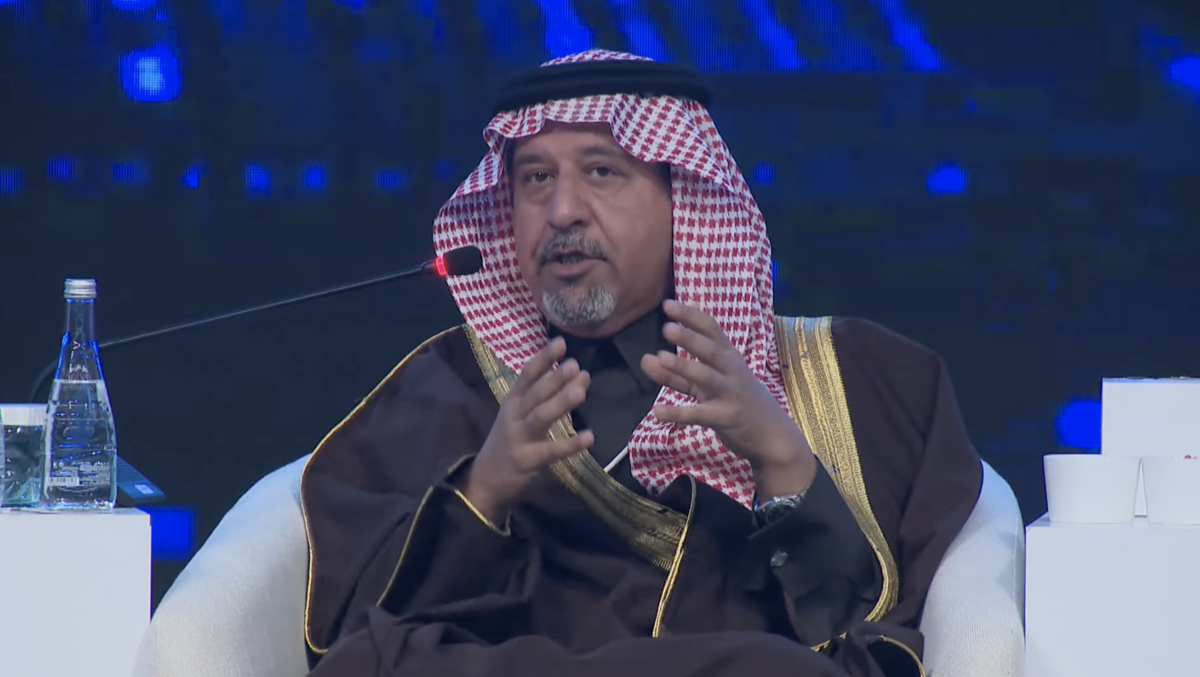RIYADH: The rapid adoption of clean technologies can enhance the affordability of energy, according to a new report.
In its latest study, the International Energy Agency said that the key task for governments globally is to make clean energy technologies more accessible to those who may otherwise struggle with the upfront costs.
The energy agency noted that additional investments in the sector are needed to meet net-zero goals by 2050.
“The report shows how putting the world on track to meet net-zero emissions by 2050 requires additional investment but also reduces the operating costs of the global energy system by more than half over the next decade compared with a trajectory based on today’s policy settings. The net result is a more affordable and fairer energy system for consumers,” said the energy think tank.
Clean technologies are cost-competitive
According to IEA, clean energy technologies are already more cost-competitive over their lifespans than those reliant on conventional fuels like coal, natural gas, and oil, with solar photovoltaic and wind the cheapest options for power generation.
“In 2023, more than 95 percent of new utility-scale solar photovoltaic installations and new onshore wind capacity had lower generation costs than new coal and natural gas plants,” said the energy agency.
It added: ‘Solar PV module prices are now exceptionally low – they declined by 30 percent in 2023 – creating affordable openings for everything from utility-scale projects to home solar systems, with their value enhanced by cheaper batteries.”
The analysis highlighted that electric vehicles, although expensive compared to their traditional counterparts, will be cost-effective in the long run due to their low maintenance prices.
“Even when electric vehicles, including two-and three-wheelers, have higher upfront costs, which is not always the case, they typically result in savings due to lower operating expenses. Energy efficient appliances such as air conditioners provide similar cost benefits over their lifetimes,” noted IEA.
Clean energy transition dependent on upfront investments
The energy think tank further pointed out that a clean energy transition hinges on unlocking higher levels of upfront investment, specifically in developing economies.
According to the report, clean energy investments are lagging in emerging economies due to actual or perceived risks that hinder new projects and access to finance.
“Moreover, distortions in the present global energy system in the form of fossil fuel subsidies favor incumbent fuels, making investments in clean energy transitions more challenging,” said IEA.
It added: “Governments worldwide collectively spent around $620 billion in 2023 subsidizing the use of fossil fuels – far more than the $70 billion that was spent on support for consumer-facing clean energy investments.”
How clean energy technologies benefit customers
According to the analysis, the benefits of a faster energy transition and growing shares of renewables such as solar and wind power will help end customers, as clean technologies are less volatile than oil product prices.
IEA added that electricity is expected to overtake oil as the leading fuel source in final consumption by 2035.
“The data makes it clear that the quicker you move on clean energy transitions, the more cost-effective it is for governments, businesses, and households,” said Fatih Birol, executive director of the IEA.
He added: “If policymakers and industry leaders put off action and spending today, we will all end up paying more tomorrow. The first-of-a-kind global analysis in our new report shows that the way to make energy more affordable for more people is to speed up transitions, not slow them down. But much more needs to be done to help poorer households, communities and countries to get a foothold in the new clean energy economy.”
Policy intervention crucial to quicken energy transition
The energy agency further noted that incentives and greater support, mainly targeted at more disadvantaged households, can improve the uptake of clean energy technologies in the coming years.
According to IEA, incentivizing clean energy technologies will help consumers fully reap the benefits of these renewables and the cost savings, along with supporting efforts to reach international energy and climate goals.
The report suggested additional measures governments can take to accelerate the use of clean technologies, including delivering energy efficiency retrofit programs to low-income households, obliging utilities to fund more efficient heating and cooling packages, and providing affordable green transport options.
“Policy intervention will be crucial to address the stark inequalities that already exist in the current energy system, where affordable and sustainable energy technologies are out of reach for many people,” said IEA.
The release added: “The most fundamental inequities are faced by the almost 750 million people in emerging and developing economies who lack access to electricity, and the more than 2 billion people without clean cooking technologies and fuels.”
However, the energy think tank warned that the risk of price shocks does not disappear in clean energy transitions, and governments should continue to be vigilant about new dangers that could affect energy security and affordability.
According to IEA, geopolitical tensions remain significant potential drivers of volatility, both in traditional fuels and, more indirectly, in clean energy supply chains.
Furthermore, the shift to a more electrified energy system could bring a new set of hazards into play that are more local and regional, especially if investments in grids, flexibility, and demand response fall behind.
“Power systems are vulnerable to an increase in extreme weather events and cyberattacks, making adequate investments in resilience and digital security crucial,” IEA concluded.
In an additional report released in May, the agency revealed that ensuring a reliable and diversified supply of energy transition minerals is crucial to achieving net-zero targets.
The study also noted that the market size of key energy transition minerals is expected to double by 2040, reaching $770 billion.
























